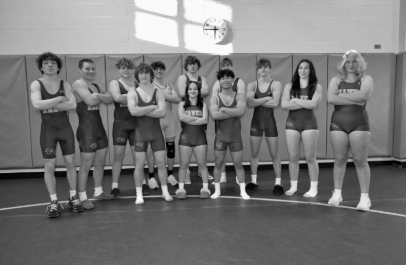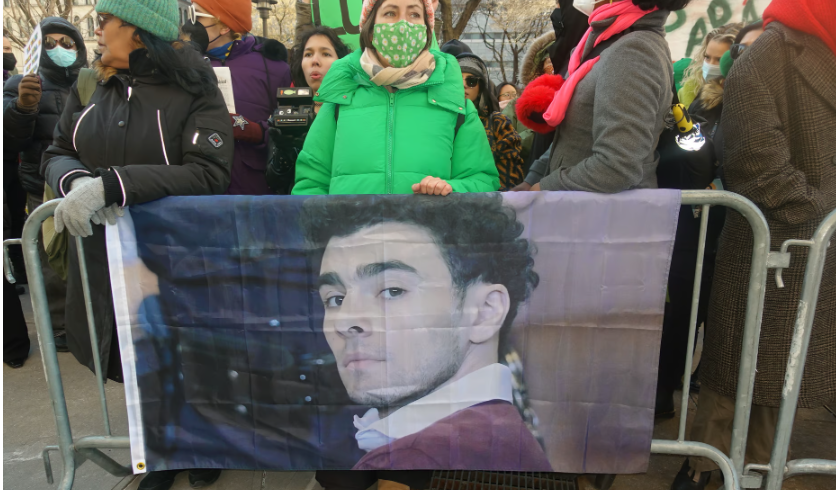Vandalism in the bathroom: what happens next?
April 1, 2020
VIEWPOINT
Vandalism can be found all over the school. Writing on desks is common practice when you’re bored, and there’s always scribble on the bathroom stall walls. Vandalism that small isn’t usually punished by the administration though – it’s more harmless and annoying than a major offense. When you rip a sink off the wall however… things get a little more serious.
According to the Baltimore Sun, vandalism has been on the increase overall in the area. In 2016, the Maryland State Police records had 34 cases of vandalism down. In 2017, that number increased to 62 cases, very nearly doubling. And obviously, the Police record does not take into account little drawings on desks – these are all major acts of vandalism.
So what do schools do about the destruction of defacing of their property? In 2018, four students at Glenelg High School in Howard County were charged with hate crimes after scrawling anti-Semetic, racist and anti-LGBT graffiti around their school (CBS Baltimore). Granted, tearing a sink off the wall isn’t targeting a group of people, but it’s still serious.
If anything, the students responsible should pay for the damages they’ve caused. Tearing a sink off the wall just adds more work for everyone involved with repair and replacement, and someone has to pay for it. Obviously this isn’t charges-worthy, but it shouldn’t just be brushed under the rug; there’s a difference between playing tic-tac-toe on a desktop and ripping apart the bathroom.
The U.S. Department of Education’s guide on the subject states that, “…is typical of many adolescents, students who vandalize and break into schools have a poor understanding of their behavior’s impact on others, and are more concerned with the consequences to themselves.”Taking this into account, consequences for vandalism should directly affect the students responsible to curb the behavior and protect our bathrooms from further injustice.
The section on vandalism in the school planner cites some of the consequences as “…parent notification, suspension, and extended suspension or expulsion…” along with, “…referred to the appropriate law enforcement agency.”
All consequences that do directly affect the student, but maybe not in areas that actually care about. Parent notification and suspension dont have the same weight for some students that they do for others. Hitting them where they would care though is difficult, because personal matters are outside of school jurisdiction.
How do we curb the problem then? Hard to say. Perhaps it’s up to the students then, to see the problem and take action to stop it. Talk to these people, try and get them to see why vandalising the bathrooms isn’t helping anyone, and in fact, just makes the issue worse.
Even mild confrontation can stop action by just addressing and critiquing it. Perhaps a little peer pressure will go a long way; holding students accountable isn’t just what teachers and staff want; it’s what students expect so they aren’t taking on the burdens of the bathroom bad boys (and girls).
















